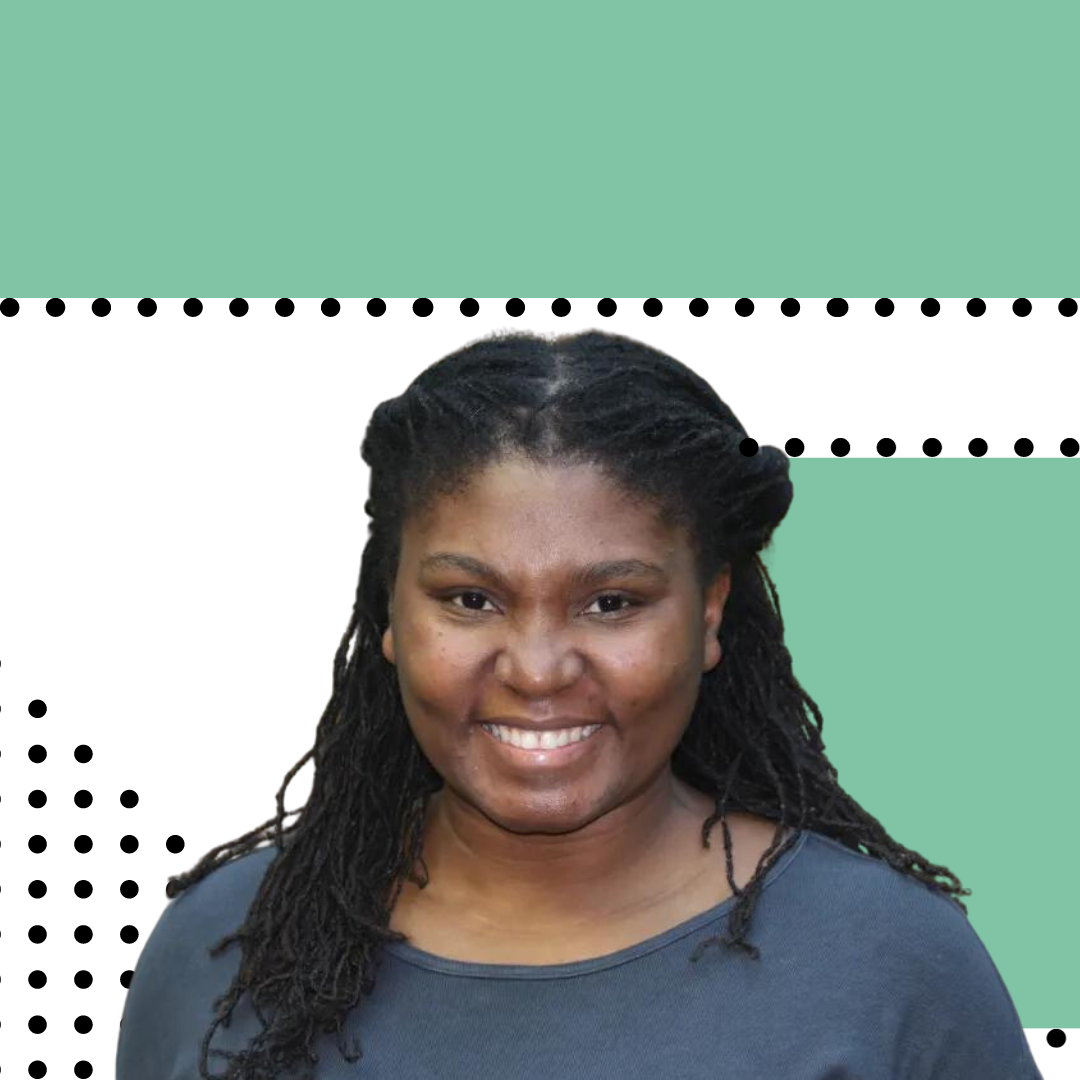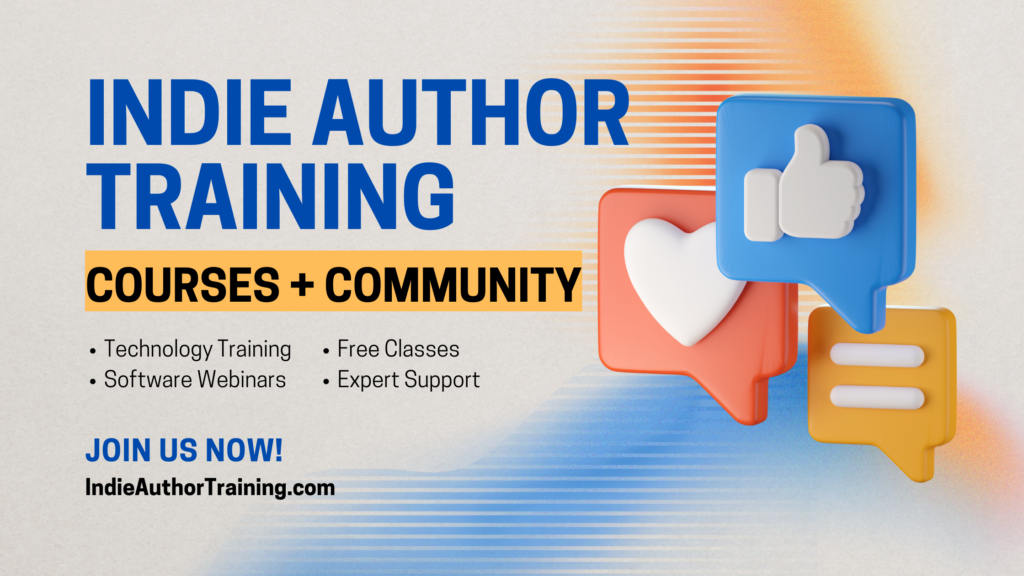Indie Author Magazine: How will the strategy of publishing wide play a part in the future of the industry?
Ines Johnson: Wow. So I was talking and it wasn’t recording. I kinda said some brilliant stuff, so I don’t know if I can repeat it. I basically said that I don’t like to be I like to I like to try new things. I don’t like to be pigeonholed in anything. So I like publishing non exclusively. And non exclusively means not with one platform, not with one publisher, like, I don’t want a traditional publishing. If I did that, it wouldn’t be the only thing that I did. Not one format. I wanna try new things because the world is changing so fast that if you are held narrowly or if you hold yourself narrowly, you’re gonna miss so many opportunities and you’re gonna miss so many readers and so many ways to get your stories off there. And that’s just not something that I’m interested in doing as being that narrowly focused. But I do only write romance. So I am narrowly focused in that way.
Indie Author Magazine: Do you anticipate that the definition of wide will ever evolve to mean more? If so, where do you see authors going?
Ines Johnson: For me I’m sorry. My daughter is talking very loudly in the next room. For me, I already define why differently I define it at I think when people say why they they just think of the other platforms outside of Amazon, and I don’t think of it that way. My books are on a serialized website. My books have been turned into web comics. You know, some people are doing television, some people are doing audio plays and podcasts. So why to me means what new opportunity can I use to get my story out there? And that’s what I think authors need to think about is how many different ways can I get my story out there?
Indie Author Magazine: On an individual level, direct publishing can equate to greater control over titles, greater royalties, and a closer relationship with readers. What will the trend of authors publishing direct mean for the industry as a whole?
Ines Johnson: On an individual level, direct publishing can equate a greater control over titles, greater royalties. What will the trend of authors publishing directly for the industry? See here’s the thing though about authors. A lot of us are creators, a lot of us are artists, and we just wanna create our art. So I don’t think everyone and with direct sales or excels, you really have to put that business hat on. You really have to look at the data. You really have to look at the spreadsheet. And and do copious amounts of testing and bending and shaking and weaving and evolving. And and I’m not saying this in a mean or negative way, but there’s a lot of artists that cannot do that. There are a lot of artists whose brilliance is in in their art. It’s that they’re not they don’t want to or they are unable to use that other part of their brain for that’s just gonna deal with the numbers and and the scientific method and things like that. So I don’t I don’t think this is gonna be for everybody. I think that the authors who want to do it, who are true just just straight up artists and creators, I think they’re gonna be hiring other people to do this for them. Once they see that they can have a greater impact and relationship with their readers. Because think about Patreon. Think about where that came from. My patronage, like artists used to get patronized by the people who wanted their art. And now that with writers, there was always someone in the middle. There was always a publisher in the middle. And now there doesn’t have to be. So I think when when these artists creatives realize that, realize that they can have a direct impact on their reader and they don’t necessarily need the middleman. To have that impact and make that that impact that they will embrace directly. I don’t think that they’re gonna wanna do it themselves. So I think that there’s gonna be an community in the industry for folks who can help be that agent, if it were, but not necessarily a publisher.
Indie Author Magazine: With AI being such a hot-button, divisive topic now, what role(s)—if any—do you think it will play in the indie publishing world in five years’ time?
Ines Johnson: Being such a hot button divisive topic. Now what role, if any, do you think, will play play an industry publishing role in five years? I’m not scared of the ad. It doesn’t scare me. It is a tool. I remember that movie with Mark Walbreck, we’ve remade the monkey movie, find out the ace. He renamed that movie. And every time somebody talks about AI taking over the world, I remember that line when he’s like, it it should be it should be asking me for a cookie. I don’t know why that keeps popping in my head. That is that is probably not printable. But AI doesn’t scare me. It is a tool. I use so many tools help my writing better. And that’s what I think of. When I think of AIs, how will it make me better? I think a lot of people are I think it’s so hot and divisive because people feel like it’s making them weaker. It’s taking something away from them. And you can you can there’s there’s absolutely evidence for you to think of it like that, but it’s just not how my brain works. My brain is work my brain is like, oh, here’s a tool. How can it how can it improve my writing? How can I use this productively to increase my writing output, to increase my ad copy, to increase the way that I outlined, to make me think about thought to us that I wouldn’t have thought of before, that’s how I’m thinking about it? I’m thinking about how can I use this this calculator to do better math? I hope that in five years, it’s not, it’s old hat because, you know, five years ago, Indy was thought about differently. Ten years ago, you know, we were still the the red headed step children and now look at where we are now. Now we’re the ones pounding our fist and shouting about this new thing that’s gonna bring so much crap onto the market. And I don’t think so. I I think that readers don’t enjoy reading crap. And I think that if you can take a tool and you can use that tool, to make your art better, like, if you use a better paintbrush, if you use a better hammer or a better drill, or if you if you have an instrument at its finest a really fine instrument. That’s what AI that’s how I’m looking at it. This is this is an instrument that can make my art better, but I am the artist I am wielding this thing. So, yeah, long story short, I’m not scared.
Indie Author Magazine: How important is technology to one’s success as an indie author and to the industry as a whole?
Ines Johnson: Importantly, technology to one success as an indie author in the industry as a whole. I can only talk about me and the technology is the only reason that I’m here. When, you know, ten years ago, I was sending manuscripts, printing out manuscripts, and finding an envelope and putting a stamp on it and sending it through the mail, that low tech wasn’t doing anything for me. It wasn’t doing anything for anybody and it was probably hurting the environment. But now I am able to do so much of this myself. I’m a one woman, Dan. I hire a lot of people in a way higher than is through technology. I don’t work with anybody who I am in well, in the same state with, I don’t think. And technology has made that possible. Technology has made it possible for me to reach people that I would not have reached before. Technology has made it possible for me to produce so much content and to put that content far and wide. So I am I stand up and I applaud technology for all of its for everything that it does. So it’s Yeah. Yeah. Technology.
Indie Author Magazine: What can authors do now to build community with their readers and within the industry?
Ines Johnson: Community with readers and within the industry. I I use cost per click ads in social media, and group promos to find new readers. And it’s beautiful. Just by identifying who you are, through the technology and through social media, you’re able to make so many different connections with all kinds of people, and I use that to my advantage. I use Facebook ads heavily. To find new people who are gonna enjoy my books. I feel like I’m doing this them a service by finding them and they’ve done a service. To me, by paying me for my work, So that’s with readers, with other authors. I make it a point to go on at least for writing treats a year where I’m meeting new authors, I’m learning new ideas, animals are reconnecting with friends. I love to go on retreats where that are masterminds. Where I learned new tactics and new techniques, one on one from people. I love to go to other retreats where I’m meeting new authors because when you’re either trying to explain something to a new author or they’re trying to explain something to you, you both learned something and I think that’s so crucial. Yeah.
Indie Author Magazine: Why does community matter in the future of indie publishing?
Ines Johnson: To any publishing. Community matters because we are all that we have, you know, traditional publishing, they have, you know, their empire in New York. Where they have their floors and their buildings and their people, but we have each other. We can help each other. What did they say in twenty books to fifty k, a rising tie lifts all boats. Well, we are the tie. Indians are tied. So we lift each other up. We and it’s beautiful. It’s such a beautiful industry. Like, of course, there’s we hear you hear about the people who pull pull everybody down, but you hear about that so much. Because those stories are kinda so rare. So when it happens, people are shouting about, like, look what they did. But every single second of the day, and another India is helping another up. They are showing their numbers, they are giving list of promo, they’re opening up their newsletter or their group. We are helping each other. We have risen so high because of that, because of that community, and because of that collective. If traditional publishing had done this instead of being elitist, and holding all the information to themselves, they would be in a better position than they are right now. The reason that Indi is is booming is because of the community aspect in Yayas.






